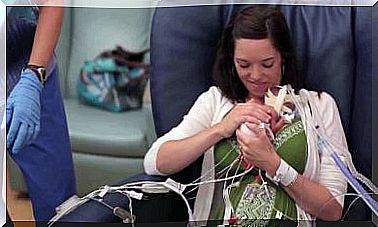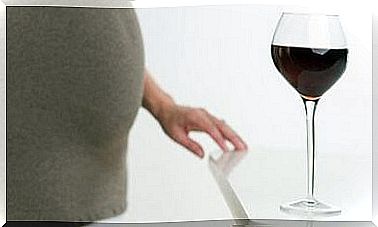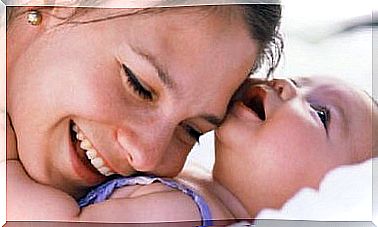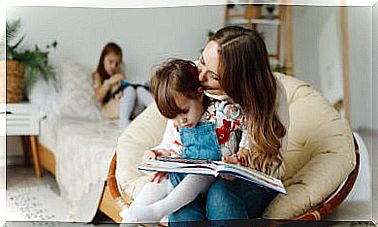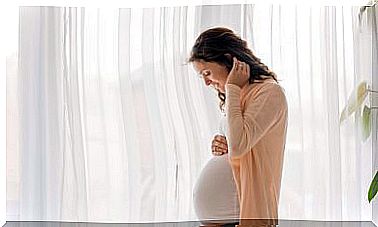6 First Aid Tips For Common Accidents
The health of the family must be taken care of! Learn in this article the most common injuries that can be treated at home and how to do it with a first aid kit.
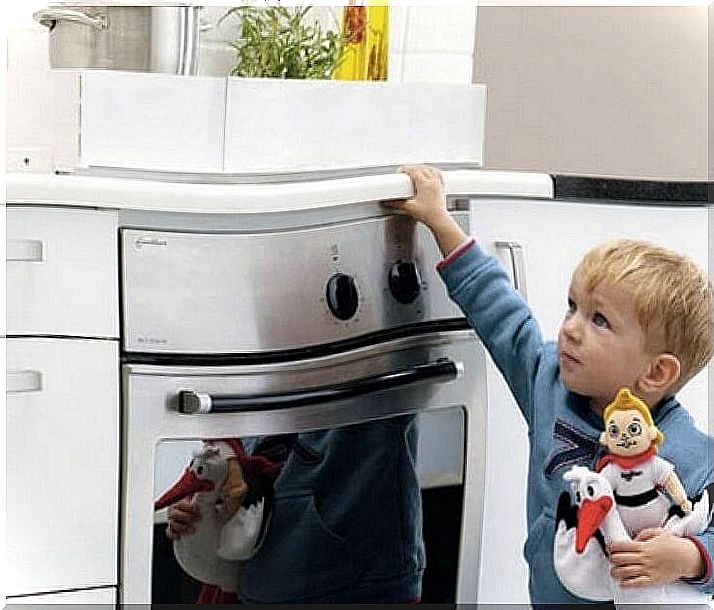
From the moment your child is born, he is exposed to many small health problems that appear due to many factors and his first steps make him prone to falls, stings and injuries, that is why it is so important that you have knowledge of first aid for common accidents .
Here are some of the steps you should take in the cases that occur most frequently in children of all ages.
First aid for common accidents in children
1. For cuts and scrapes
- Act quickly. If bleeding occurs, the first thing to do is apply pressure with a clean tissue until the bleeding stops.
- When all is well wash the wound gently and pat it dry.
- If the injury is dirty or was caused by an animal, clean with soap and water and apply an antibiotic ointment if you have it within reach of your hands.
- Cover with a bandage or gauze and tape to keep the wound from becoming contaminated and to stop bleeding, if it occurs.
- If you see that the lesion begins to swell, to redden or if pus comes out, go immediately to the doctor because these are clear signs of an infection.
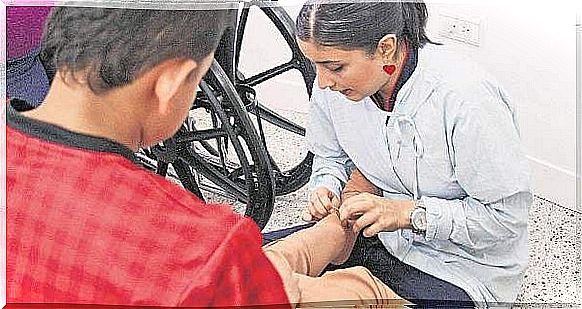
2. For burns
- If first aid is required for common burn-related accidents, the essential thing is that it occurs immediately and the affected body area should be put in contact with cold water or compresses until the pain subsides. It should be clarified that this measure should only be taken when the burns are superficial.
- Never break out the small blisters that appear later on the skin.
- If the skin breaks, apply a cream with antibiotic properties to the lesion and cover with a bandage until it is healthy.
- As in the previous case, if any liquid comes out, if there is inflammation or redness on the skin, it is time to seek medical assistance.
3. Bleeding in the nose
- Have your child sit upright but don’t tilt his head back.
- Loosen any clothing that may tighten the neck region.
- Put light pressure with your fingers on the cartilage where the nose begins for five to ten minutes.
- If the bleeding occurs as a result of a blow, reduce the inflammation by putting an ice pack on the nose until the bleeding stops.
- It is necessary to visit a hospital if the bleeding lasts more than ten minutes or if it recurs several times during the same day.
4. For chips or glass buried in the skin
- With soap and water, clean the area around the foreign body, then clean a pair of tweezers or an epilator using alcohol and use them to remove it (this is only done when one end is visible and within easy reach).
- In many cases, these spines leave the body on their own.
- If the foreign body has not been removed after a couple of days, if there is pain, redness, or fluid is flowing, take your child to the hospital.
5. Eye injuries
- When children have pain, constant tearing, sensitivity to light, or blurred vision after trauma, put on a clean tissue soaked in cold water and take your child to the emergency room. It may be a wound on the surface of the eye.
- If an adverse reaction occurs due to a chemical that has come into contact with the eye, hold it open and put warm water on it.
- Follow up to check for abnormal vision symptoms in the days after the injury.
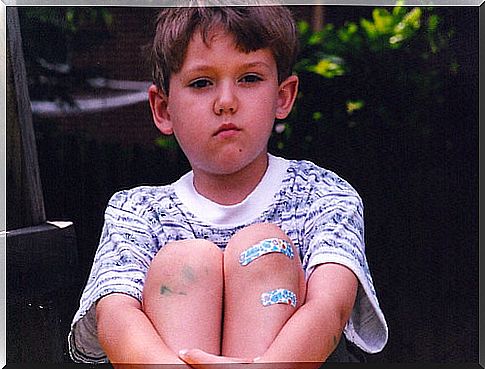
6. Bug bites
- If the bug has left a stinger, gently scrape the skin using your clean nails or a card to remove it without leaving a residue.
- Go to the emergency department immediately if your child has trouble breathing, has a cough, voice problems or if there is swelling of the lips and tongue.
- To relieve the itching, try applying cold compresses to the area for a minute or applying a lotion containing calamine or a topical antihistamine such as hydrocortisone.
- One of the most important first aid tips for common accidents is that when the bite takes place in a tropical place, you should consult a doctor to avoid problems with diseases that are transmitted through interaction with certain species of insects.
